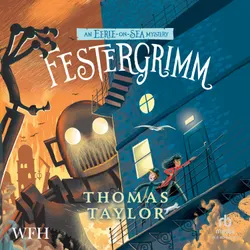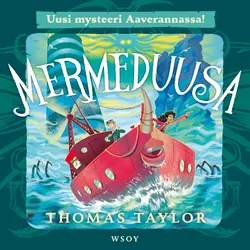Against the Christians: Arguments of Celsus, Porphyry, and the Emperor Julian represents a critical compendium of perspectives from significant figures in ancient philosophical and historical discourse. This collection presents a vivid tableau of criticisms and arguments against early Christian thought from a diversely pagan standpoint, encompassing a range of literary styles from philosophical treatises to historical accounts. The anthology underscores the diversity and significance of these ancient critiques, providing readers with insights into the intellectual challenges Christianity faced in its formative period. The interplay of philosophical rigor and historical analysis in standout pieces offers a comprehensive overview of pagan resistance to an emergent Christianity. The contributing authors—spanning philosophers, historians, and an emperor—bring a rich tapestry of backgrounds to this anthology. These figures were pivotal voices in their respective eras, articulating skepticism and opposition towards Christianity amidst shifting religious paradigms. The collection aligns with the historical and cultural movements of Hellenism and the Early Roman Empire, illustrating how these varied voices together enrich readers' understanding of ancient philosophical and religious debates. This anthology offers a unique educational opportunity, inviting readers to explore the complex interplay of ideas and beliefs that shaped the religious and philosophical discourse of the ancient world. Its multiplicity of perspectives, styles, and themes offers an unparalleled insight into the vibrant intellectual landscape of antiquity, fostering a deeper understanding of the dialogues and tensions that influenced the development of early Christian thought. Scholars, students, and enthusiasts of ancient history and religious studies are encouraged to delve into this collection for its comprehensive insights and the valuable dialogue it promotes between the epochs and ideas of its esteemed contributors.

Festergrimm : The Legends of Eerie-on-Sea, Book 4
Thomas Taylor
audiobook
Malamander : The Legends of Eerie-on-Sea
Thomas Taylor
audiobook
Mermeduusa
Thomas Taylor
audiobook
Against the Christians: Arguments of Celsus, Porphyry and the Emperor Julian : A Critique of Christianity in Roman Era
Thomas Taylor, Flavius Josephus, Porphyry, Tacitus, Diodorus of Sicily, Celsus, Emperor Julian
book
Malamander 3: Skyggegæsten
Thomas Taylor
book
Mermedusa : The Legends of Eerie-on-Sea, Book 5
Thomas Taylor
audiobook
Malamander 2: Gargantis' skat
Thomas Taylor
audiobookbook
Festergrimm
Thomas Taylor
book
Festergrimm
Thomas Taylor
audiobook
Writings Against Christians
Thomas Taylor, Flavius Josephus, Porphyry, Tacitus, Diodorus of Sicily, Celsus, Emperor Julian
book
Introduction to the Philosophy and Writings of Plato
Thomas Taylor
book
Malamander 1: Æggets forbandelse
Thomas Taylor
audiobookbook
